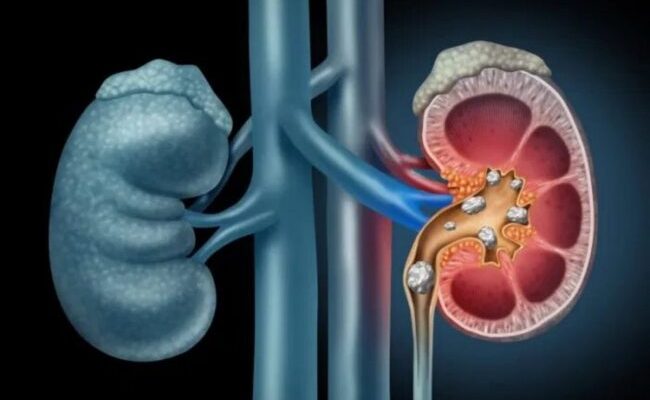
Kindly let me know how I can check if my kidneys are doing well.
Kwame (by SMS)

The kidneys play a crucial role in your overall health by filtering waste, balancing fluids, and regulating blood pressure. While you might not always feel it when something is wrong with your kidneys, there are a few ways to ensure your kidneys are functioning well.
One of the most reliable ways to assess kidney health is through regular check-ups. Your urine can equally tell you a lot about your kidney health: Color and consistency: Healthy urine is usually light yellow and clear. Dark, cloudy, or foamy urine can sometimes indicate issues like dehydration, kidney infections, or kidney damage. Urinating too often or not enough can be a sign of kidney problems. Increased urination (especially at night) or difficulty urinating may indicate kidney issues or infections.
Many people overlook subtle signs of kidney issues. Here are some symptoms you should watch out for. Fatigue: Since kidneys help regulate red blood cells, poor kidney function can cause anemia, making you feel tired. Swelling: Swelling in your legs, ankles, or face may indicate fluid retention due to poor kidney filtration. High blood pressure: The kidneys play a role in regulating blood pressure. Uncontrolled or unusually high blood pressure could be a sign of kidney problems.
Back pain: Persistent pain in your lower back or sides can be related to kidney infections or kidney stones.
Some over-the-counter medications like non-steroidal anti-inflammatory drugs (NSAIDs, such as ibuprofen) can damage your kidneys if taken frequently or in large doses. Be cautious with pain relievers and always consult your doctor if you’re unsure. In summary, monitoring your kidney health involves a mix of regular medical tests, being attentive to your body’s signals, and living a healthy lifestyle. If you ever feel unsure, it’s always best to seek medical advice, as kidney issues can often go unnoticed until they become serious.
READ ALSO: Group wants Gov Mutfwang to rescind suspension of traditional ruler







